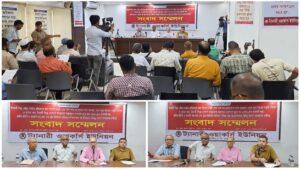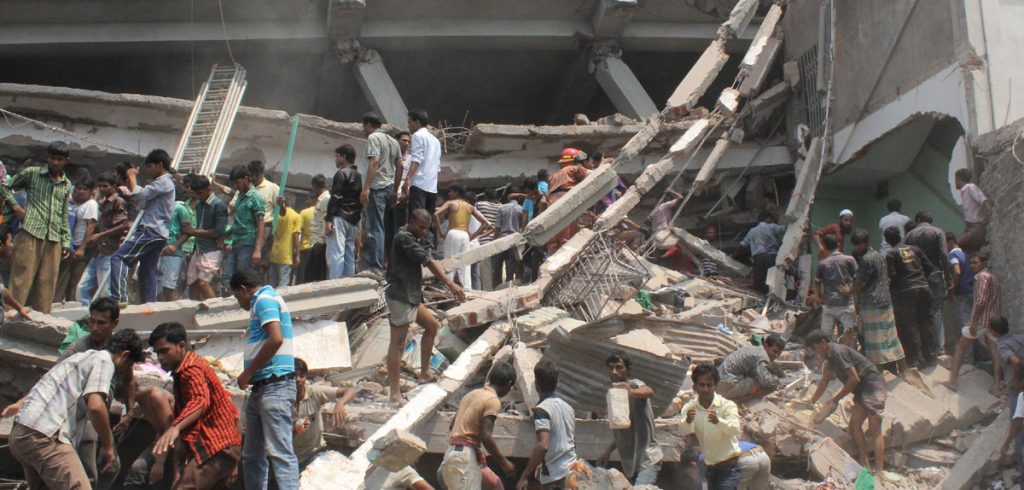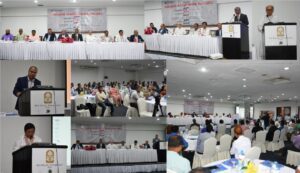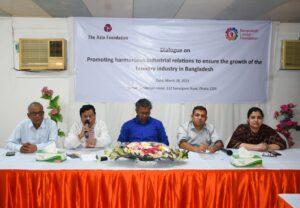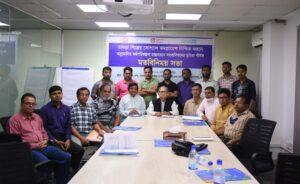The Rana Plaza Tragedy :: Does The Situation Changed ?
On 24 April 2013, the collapse of the Rana Plaza building in Dhaka, Bangladesh, which housed five garment factories, killed at least 1,132 people and injured more than 2,500. These disasters, among the worst industrial accidents on record, awoke the world to the poor labour conditions faced by workers in the ready-made garment sector in Bangladesh. The 7th anniversary of the Rana Plaza collapse, the worst-ever tragedy in the country’s ready-made garment (RMG) industry, is being observed on Friday amid the corona virus pandemic. Rana Plaza tragedy was an eye opener for both employers and buyers. A loads of effort has been taken to make the industry safe and sustainable. The result is clear but the current COVID 19 has showed us although many things changed but the conditions of the workers has not been changed at all. Still the Bangladesh RMG workers have to fight for their pending salary, forced to come back to work or resign. The workers safety seems not a prior issues to the stakeholders. It is not only the employers of Bangladesh but also the global buyers can not ignore their responsibilities while they have continuously suspending their order which again force the workers to move to a dark future. On the other hand, some of the employers taking the advantage to National Labour Law to lay off their factories during this crisis moment. On the occasion of Rana Plaza Day, Bangladesh Labour Foundation urges the Brands, Buyers and Employers to show more responsibility to ensure that the workers in RMG factories safe at their workplace with full protection.
Related posts
